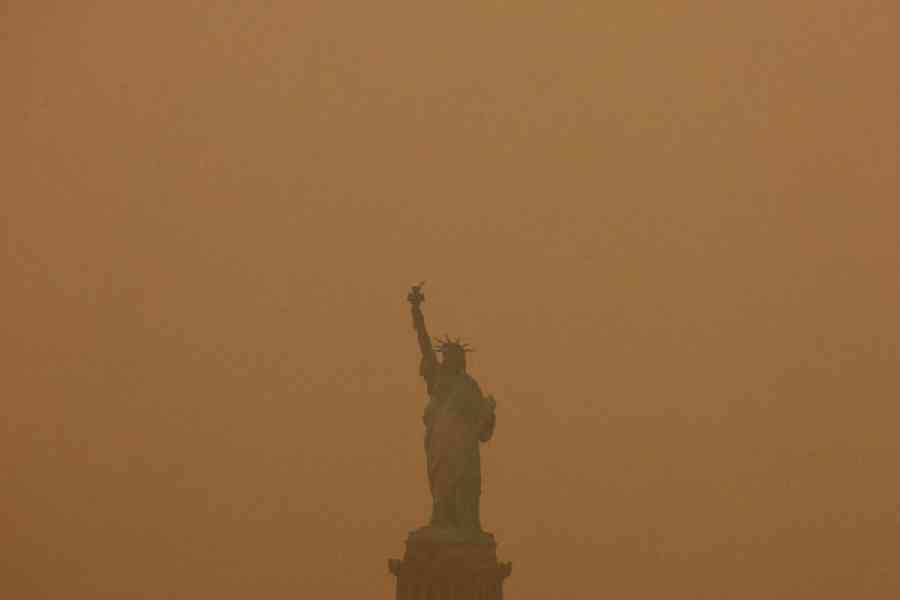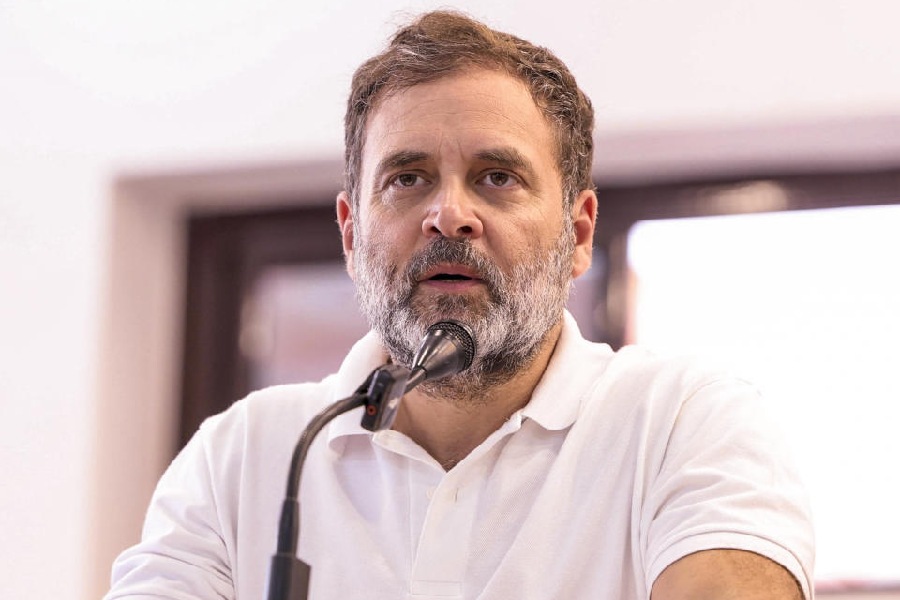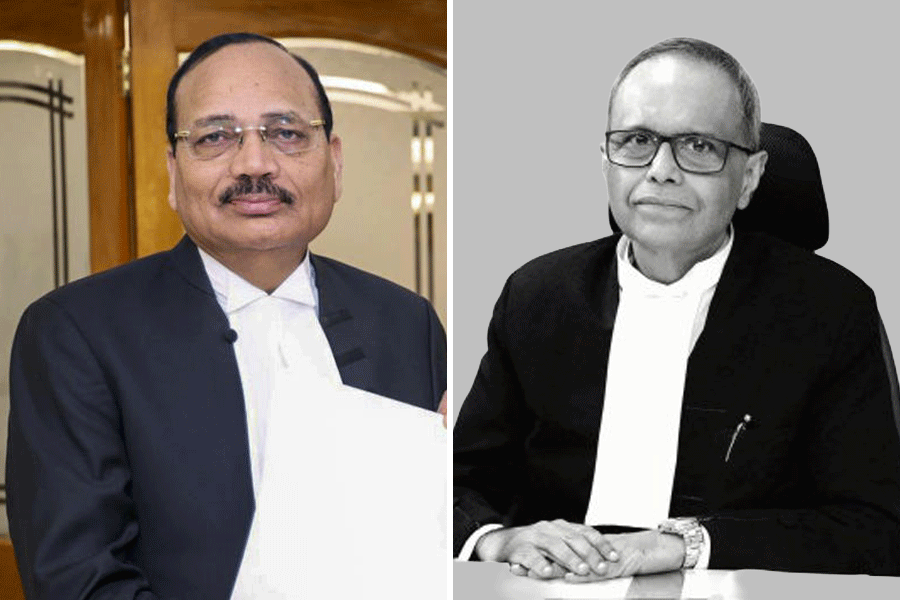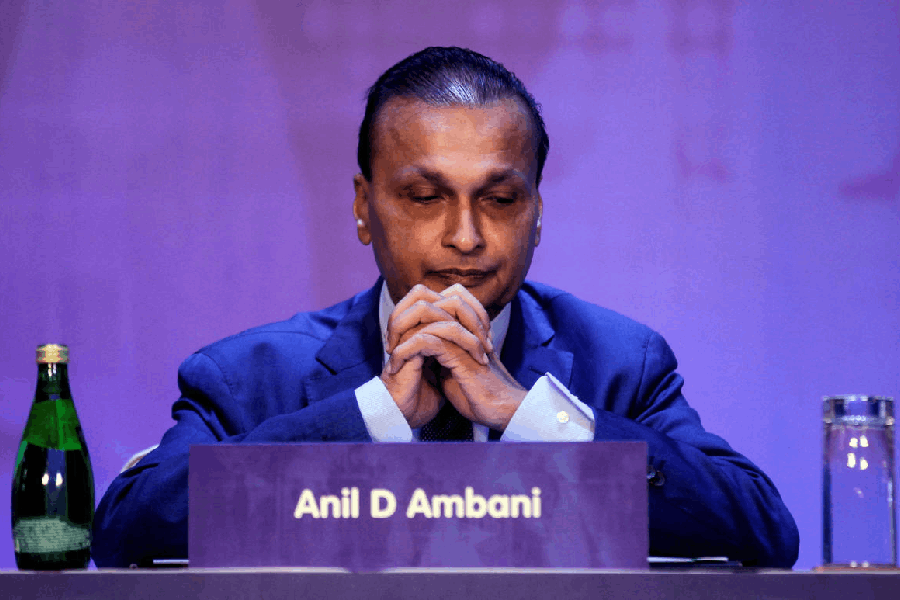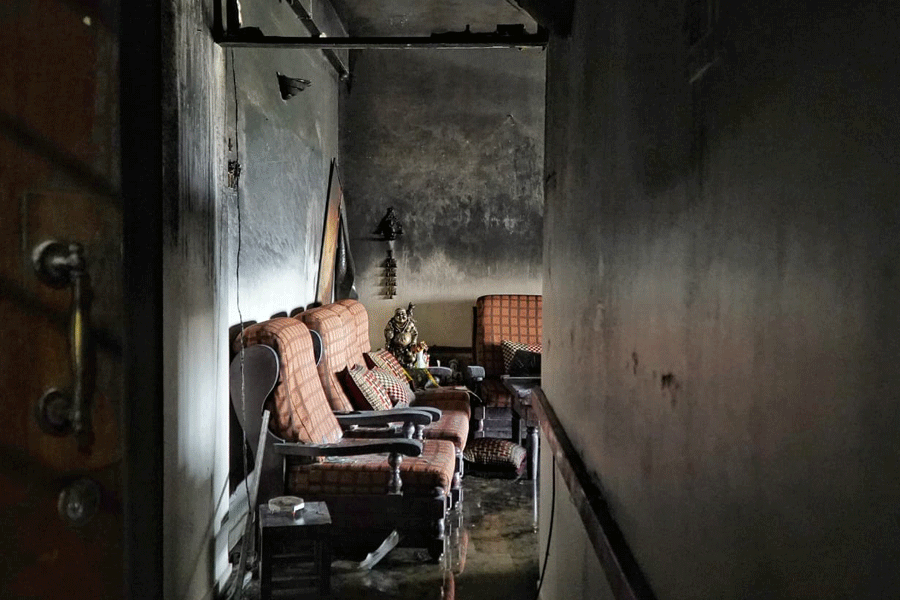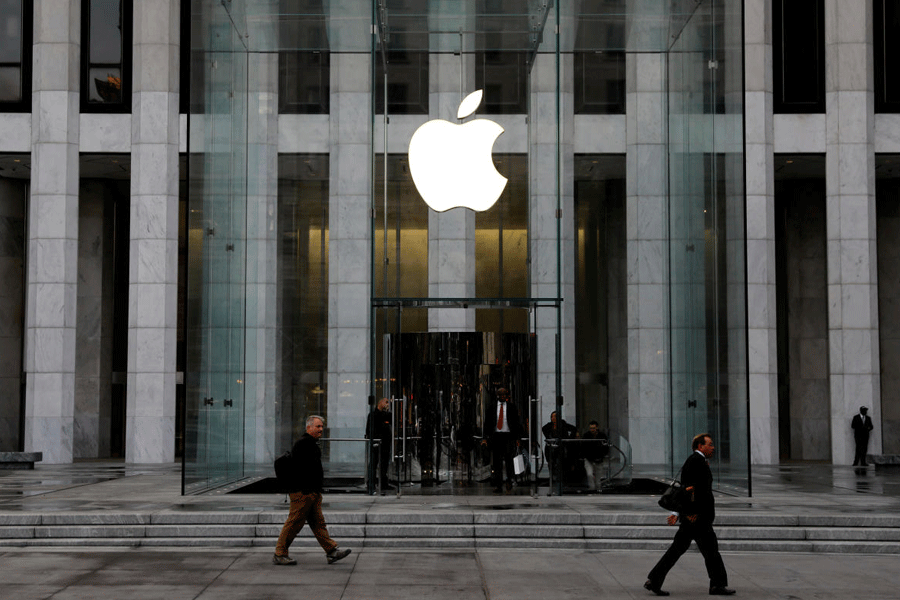Now seems to be the moment to claim the democratic prototype. The United States of America is the oldest constitutional democracy, but England makes its case on the basis of Magna Carta and the mother of Parliaments. France is the pioneer of liberty, equality and fraternity as essential elements of democracy. Prime Minister Narendra Modi stakes India’s right to be the world’s oldest democracy; in Tamil Nadu’s Uthiramerur, he said there is an inscription 1100-1200 years old that speaks of democratic values. But Athenians would cite the fifth century BC and the name itself, comprising two Greek words, demos and kratos — people’s rule.
Claims to pioneering a political system covering various models of direct, semi-direct, participatory and representative democracy render this debate abstruse. Legitimacy and consent are the bedrock of democracy; which is why even absolute rulers crave approval at home and abroad. Domestically, religion can be mobilised to support the leadership, as can nationalism, cultural exceptionalism, government subsidies and curated mega-events. But democracy has to be assessed with greater nuance; countries have diverse histories, cultures, traditions and development models. Elections are the first marker of procedural democracy, along with equality, accountability, civil liberties, a free press, an independent judiciary and institutions to make democracy substantive.
The UN General Assembly in 2005 unanimously adopted Resolution 60/1 — “that democracy is a universal value based on the freely expressed will of people to determine their own political, economic, social and cultural systems and their full participation in all aspects of their lives.” But the presumption persists in the West that liberal democracy can be universalised, although Western nations have ceded ground as role models and liberal values are basically political rhetoric.
Freedom in the World 2021 by Freedom House stated “Democracy [is] under Siege” and that democracy has declined for 15 years in a row. V-Dem Institute, the same year, claimed “Autocratization turns Viral” with 68% of the world population under autocracy and democracy pertaining to just 14% of the world population. Is the US, for example, less than democratic when a president secures a majority in the electoral college of states but only a minority of the popular vote? Does the Netherlands lack legitimacy because ministers may not be members of the lower House? Does the Indian practice of financial inducements to and coercive pressures on elected representatives to defect violate democratic legitimacy?
Skirting the hazards of definition, the American president, Joe Biden, convened Democracy Summits in 2021 and 2023 because his country wishes to mobilise external support on the basis of democracy and shared values, both nebulous concepts. But at home in the US, as elsewhere in this contrived community of values, serious doubts are being raised about the prevailing system, especially the rule of law. According to The Washington Post, more than 100 Republicans who won primaries for mid-term elections last year support Donald Trump’s falsehoods about electoral fraud in 2020.
Testifying before the Congressional House Select Committee on the January 6, 2021 invasion of the Capitol by Trump supporters, Judge Michael Luttig, appointed to that office by the Republican president, G.H.W. Bush, stated that since January 2021 democracy had been “on a knife’s edge” and “America is in peril.” Trump had made a sustained effort to overturn the 2020 presidential election, which he had lost and where there was no evidence of fraud. “If the two parties,” Luttig said, “cannot agree to the orderly transfer of power… we cannot have democracy in the United States… To steal an election in the United States of America is to steal America’s democracy.” He went on to add, “If one of our national political parties… cannot agree even as to whether the violent riot and occupation of the US Capitol, inspired by the President and carried out by his followers to prevent Congress from counting the votes for the presidency, was reprehensible insurrection… we can agree on nothing… As long as that continues we will have an unstable democratic order in the United States.” He claimed that the former president and his Republican supporters were preparing in plain sight an “attempt to overturn that 2024 election in the same way that they attempted to overturn the 2020 election, but [this time to] succeed.”
The House Select Committee voted unanimously to refer Trump to criminal prosecution. It remains unclear whether and when this will be added to Trump’s many current legal battles. But what is certain is that his core support will remain intensely loyal to him.
Another challenge to American democracy has escaped attention due to its legal complexity, though Judge Luttig calls it “the most important case for American democracy” in the nation’s history. Moore vs Harper relates to North Carolina’s Republican legislature in 2021 redrawing federal electoral boundaries in a manner that could help Republicans win majorities even if Democrats gained more votes. The state high court struck down this law as violative of free elections, free speech, free assembly, and equal protection, whereupon the state legislature appealed to the US Supreme Court, which is expected to deliver its ruling by the end of June. The legislature’s argument is that constitutionally it enjoys nearly unlimited power to set and change rules for federal elections.
Supreme Court precedents show that state high courts, indeed, have the power to set limits on what state legislatures can do with respect to federal elections. But if the Supreme Court, controlled by Republicans, concludes that there exists a doctrine of independent state legislatures (the theory used in Trump’s effort to overturn the 2020 presidential election), it would confer on state legislatures judicially unreviewable power both to redraw congressional constituencies for federal elections and appoint state electors who cast votes for the president on behalf of the voters of the state. The gerrymandering of districts by state legislatures would also not be reviewable by any state court, let alone the Supreme Court.
At the end of April, came another twist to the tale. The North Carolina state high court, controlled now by Republican judges after last year’s mid-term elections, said in Harper vs Hall that there is “no judicially manageable standard by which to adjudicate partisan gerrymandering claims” and courts “are not intended to meddle in policy matters.” The US Supreme Court then asked all parties whether it needed to adjudicate, now that the state high court had revisited its previous judgment. And that is where the delicate matter stands.
Since the Republican Party at present controls the clear majority of the 50 state legislatures, the outcome of this suit will have a direct bearing on the presidential elections to be held next year. This constitutional imbroglio will leave the US even more polarised and angrier than before.
Krishnan Srinivasan is a former foreign secretary

